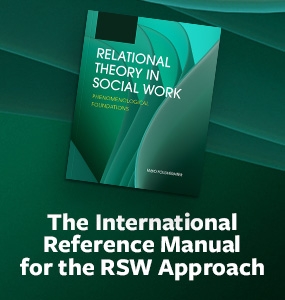From resistance to acceptance. How the digitalisation imposed by COVID-19 is changing the relationship between the social service and digital technologies
Anna Zenarolla
The article reflects on the opportunities that digitalisation offers to rethink and innovate the role of the social service and the function of the social worker. It is based on the results of a qualitative research carried out by interviewing social service managers in the Friuli Venezia Giulia region about changes introduced in their service by the digitalisation imposed by the COVID-19 pandemic. The article focuses in particular on the changes that have occurred in the relationship between social workers and ICTs. The results show that much of the resistance that social workers showed towards ICTs before the pandemic has been overcome. They however still seem to be passive and executive rather than active and creative towards them. In this regard, however, further in-depth studies are needed to highlight the actual processes of appropriation of ICT by social workers. The results confirm that ICTs are able to trigger organisational learning processes that can change the way practitioners work and the way services are organised. They also offer interesting insights into how to exploit the positive aspects of the digitalisation imposed by COVID-19 and how to rethink the training of social workers in order to develop and enhance their digital skills.
Keywords
Digitalisation, social service, innovation, learning.




